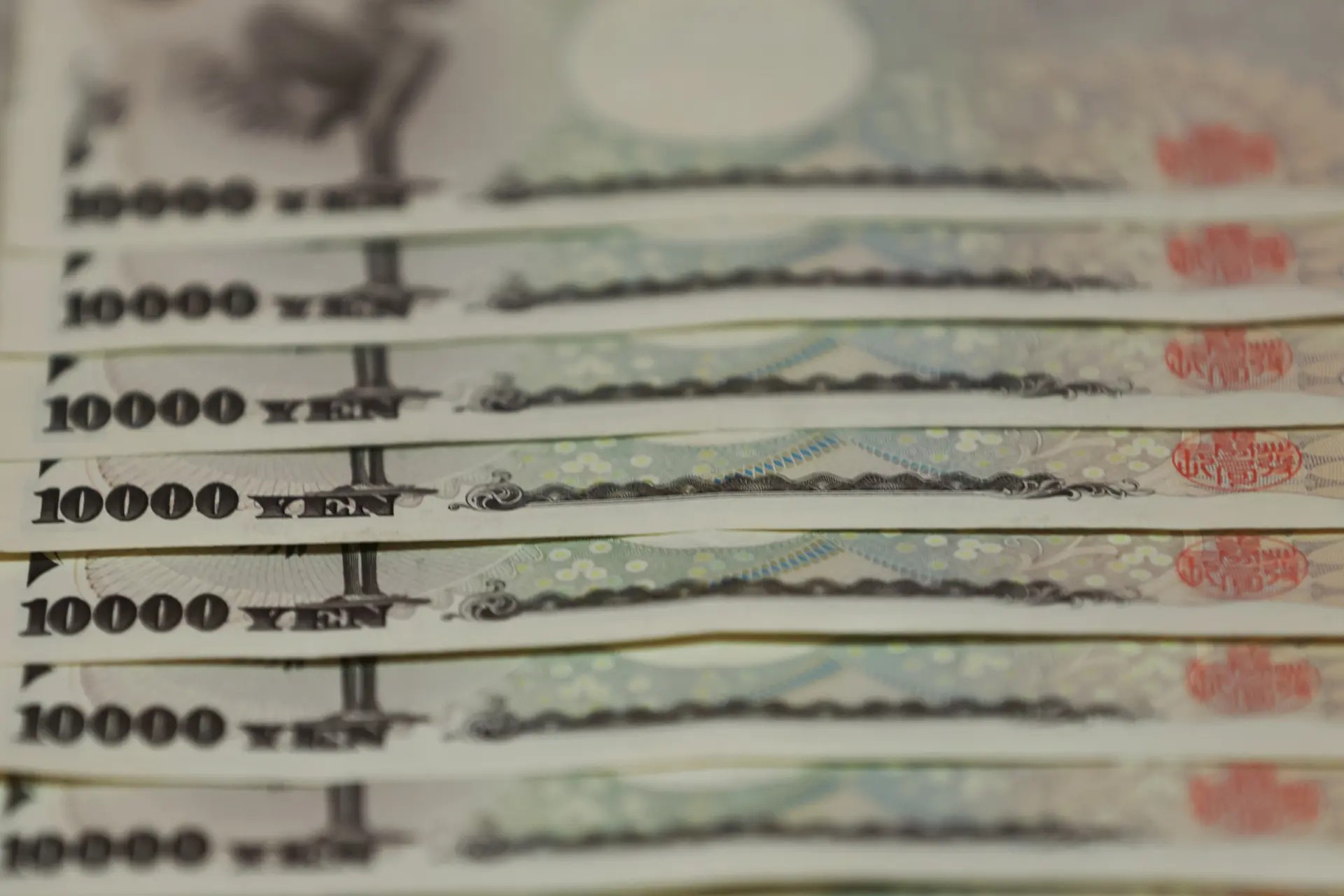Japan's parliament votes on new prime minister
Japan's next PM wants easy monetary policy
Japan's snap election could weigh on local currency
Rising US yields weigh on Japanese currency
The Japanese yen fell in the Asian market on Tuesday against a basket of major and minor currencies, continuing to move in negative territory for the second day in a row against the US dollar , moving away from the highest level in two weeks, with corrections and profit-taking continuing, and ahead of the Japanese parliament’s vote to choose Shigeru Ishiba as the new Japanese Prime Minister.
Price overview
Japanese Yen Exchange Rate Today : The dollar rose against the yen by 0.55% to (144.41¥), from the opening price of today’s trading at (143.62¥), and recorded its lowest level at (143.36¥).
The Japanese yen lost more than 1.0% against the US dollar at the end of trading yesterday, Monday, after recording its highest level in two weeks at 141.64 yen earlier in the trading.
Recent developments
Early elections and their impact : The new leader of Japan's ruling Democratic Party indicated adopting moderate positions regarding fiscal and monetary policies in the world's third-largest economy, reducing fears of adopting more hawkish policies in the coming period.
- Thanks to this important political development, the Japanese yen achieved a 10.7% rise against the US dollar in the third quarter, the first quarterly gain in the last three quarters, and the largest quarterly gain since the fourth quarter of 2008.
Shigeru Ishiba
Former Japanese Defense Minister Shigeru Ishiba has won the ruling Liberal Democratic Party's presidential election and will become Japan's next prime minister in a runoff, defeating Economic Security Minister Sanae Takaichi. Ishiba won 215 votes in the runoff to Takaichi's 194. Ishiba picked the new LDP executives on Monday and will form his cabinet after being elected prime minister at a special session of Japan's parliament starting later Tuesday, Kyodo News reported.
Less aggressive comments
After winning the ruling party's presidential election, Shigeru Ishiba told NHK: From the government's point of view, policy should remain accommodative as a trend under the current economic conditions.
Opinions and analysis
Ray Attrill, head of FX strategy at National Australia Bank, said: “Snap elections in Japan take the BOJ out of the equation until December... The yen is under negative pressure in the near term.”
Bella Funds analyst Stephen Glass said he feels economic conditions in Japan are weak and will not support another rate hike at this time.
“We don’t think it makes sense for the Bank of Japan to raise interest rates now, and we see Ishiba as supportive of that policy,” Glass added. “Ishiba’s win increases the company’s belief that rates will stay where they are.”
Japan Foresight analyst Harris said he doubted Japan was ready to completely abandon aspects of Abenomics such as fiscal spending and the belief that the government could grow the economy through deficit issues.
“There doesn’t seem to be much appetite to prioritize cutting spending or raising taxes,” Harris added. “In that sense, we don’t seem ready to abandon Abe’s policy, even though Ishiba has been a big critic of it.”
US bond yield
The yield on the 10-year US Treasury note rose 0.2 percentage points on Tuesday, extending its gains for the second straight session, and is on track to record its highest level in several weeks, which is in favor of the rise in the US dollar.
Future expectations
Here at FX News Today, we expect the Japanese Yen to continue moving in negative territory against the US Dollar, and the Japanese currency’s losses may worsen if US economic data comes out better than market expectations.






































